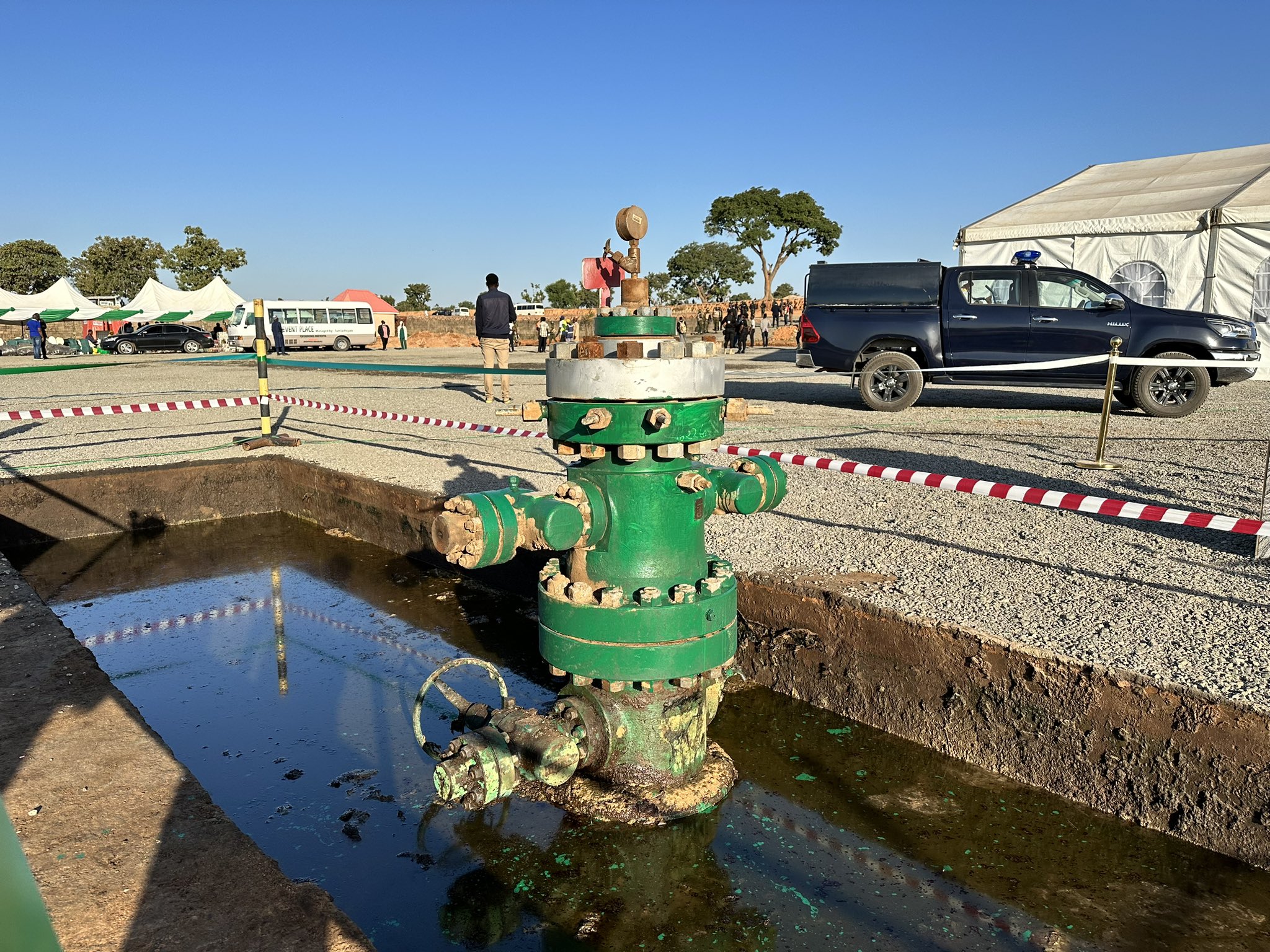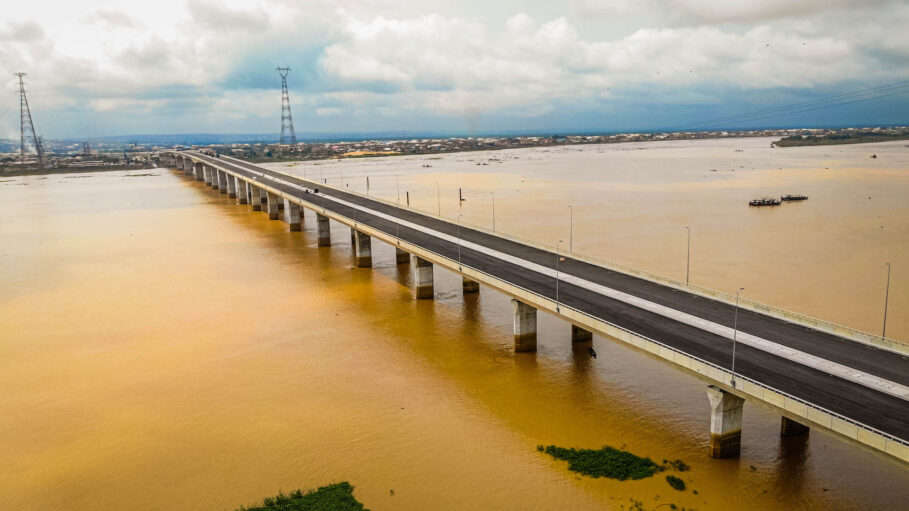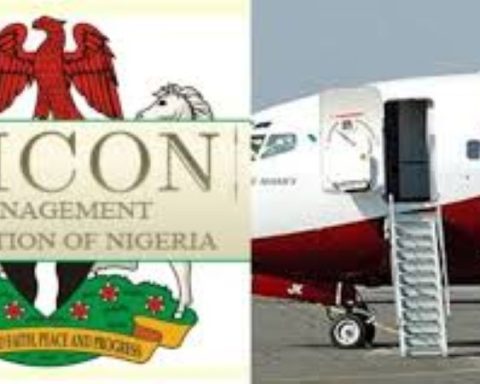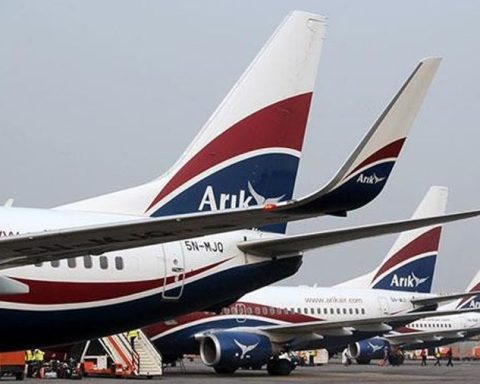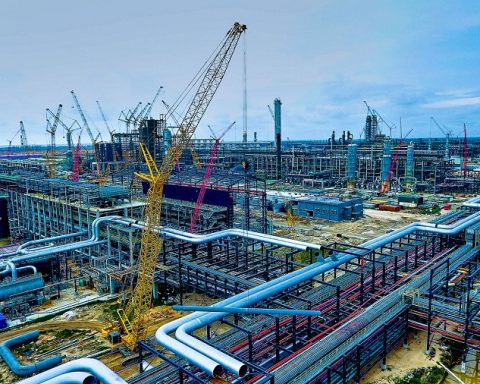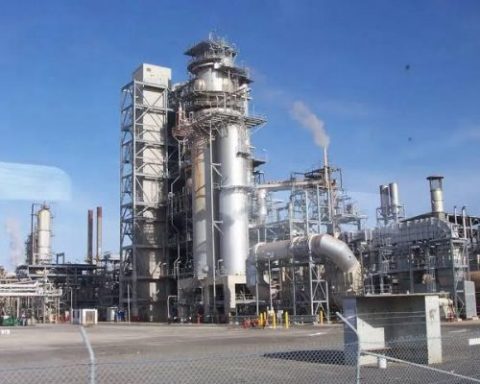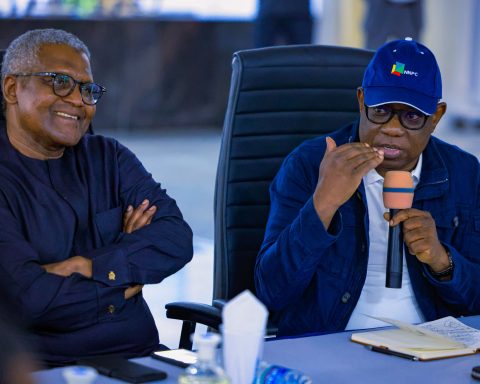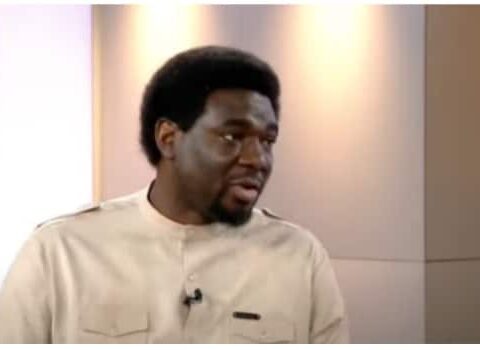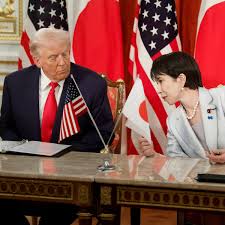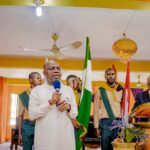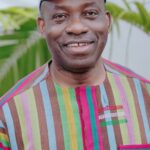One must concede that the poor performance of Buhari’s government in the North, especially in his home state, underscores the irrelevance of any argument against his appointment of mostly his tribesmen. It‘s safe to conclude that the government’s poor delivery of its mandate is not regionally biased and therefore cannot be regionally induced. I’m aware that some regions feel helplessly marginalized; the point here is that, it’s important to eschew tribal sentiments when discussing people’s successes and failings.
Before criticizing a leader for what he didn’t do for you, first find out if he did it for himself, or the genuineness of his intentions. In any case, since, in the event of an accident, a bad driver would be affected along with his passengers, his inability to drive well, can’t therefore, be upheld as hatred for his passengers. He must have driven to the best of his abilities.
Join our WhatsApp ChannelIn terms of insecurity, for instance, Katsina State is one of the most troubled states, while the entire North, perhaps with the exception of Kano and Kogi (I might be wrong), is worse hit by insecurity than anywhere else in Nigeria. No need mentioning other areas like education and health, etc where the president’s state is lagging behind too. Meanwhile, the same state has had the privilege of having Nigeria’s two democratically elected presidents; a military head of state; a deputy head of state; Service Chiefs, to name a few. In all, out of the 62 years of post-independence Nigeria, indigenes of Katsina have ruled the country for 13 years if we add the remaining days of Buhari’s administration. That’s about 21 percent of the years of leading Nigeria. Does it ring a bell? They have had their fair share of leadership. But, the question is, where has this fair share led them? Yet, rather than focus on poor performers, we are fixated on tribe and ethnicity.
Obasanjo remains the only Nigerian president not accused of tribal leaning; perhaps, because he was pan-Nigerian than many of them. He paid a heavy price for it too. He repeatedly lost election in his domain. Those that attack him, claim to be more rooted in the Southwest than him. That is it. A provincial leader can claim more power than a national leader based on tribal sentiments.
Labour party’s candidate, Peter Obi has consistently warned the country of the dangers of voting leaders along tribal lines, because, at the end of the day the Igbo, Hausa, Fulani, and Yoruba will all buy from the same market and at the same price. Just as Buhari’s administration affects his kinsmen and the rest of us equally. If he has done well, we all are enjoying it. If the government has performed poorly, it’s there for everyone to see too. The 2023 presidential election presents a litmus test, the three main candidates represent the three main tribes in Nigeria, and we shall see if Nigeria has learnt a thing from the country’s current situation.
Back to my Kolmani oil story. I have this feeling that whatever impression Nigerians have about the discovery of oil outside the South represents the evil seed sown by our politicians over the years. They have succeeded in making the citizens to view themselves with tribal lenses. Obviously, we have not been able to restructure the country, not because of ignorance of the gains thereof, but, certain persons feel it may be to their disadvantage. How correct is this? To what extent was the regional government practiced in the first republic disadvantageous to any of the regions? The answer lies on oil; the discovery of oil has affected our psyche so much that we can’t see the possibility of survival without it.
The oil in the Niger-Delta region has made us lazy, selfish, unproductive and retrogressive. I mean, with the realization of the enormous revenue from crude oil and its attendant free allocation to States, governments now rely solely on proceeds from oil. The implication is that other states without oilfields can’t sustain without the monthly give-away. For such States, a mention of restructuring is like handing them a death sentence. However, it would’ve been mild, if this trend only affected governments’ effort at revenue generation, but, its implications, unfortunately, extends to politics, labour, security and our national psyche. Today, despite the gradual drift from oil to alternative sources of energy and the hardships occasioned by the long period of non-remittance of oil proceeds into the federation account, something that should have warned us of the dangers of a mono-economy, Nigeria has remained adamant to the diversification of its economy. Not long ago, Senator Ben Bruce proposed the use of electric cars in the country, I watched as the Senate shut it down on the basis of its negative effect on óur oil’. That’s it!
READ ALSO: Oil In The North: What Hope For Better Nigeria? (Part 1)
As proof, apart from grazing reserves/routes, no other topic has received more mention over the past seven years than oil. This is why the discovery of two oil wells is a big deal for a country that has over two hundred (200) oil wells already. Why? – because, it serves regional interests. As funny as this may sound, it may not be as ridiculous as the views of Nigerians on social media concerning it. Indeed, some have even wondered if some politicians will remain committed to their stance that Nigeria’s unity is non-negotiable.
The fact on ground is that the North is Nigeria’s pride in terms of food production, while the South boasts of oil. But, this oil has caused us so much trouble already. I know that some well- meaning citizens of this country would once in a while wish that the country never had oil. Only a polygamist can attest to the struggles involved in keeping a family united. I believe that with this latest discovery, it’s now healthy for us to revisit the clamour for restructuring without embarrassing anyone. Indeed, a new Nigeria is about to be born.
While we await the needed renaissance, perhaps this gestation period is the best time to water the ground and ensure smooth take off of the new Nigeria – if it happens. Something bothers me about how we treat ‘our oil’. I have used “our oil” repeatedly because that’s what it is in principle, but, in reality, the oil belongs to a few citizens, allegedly dominated by a particular section of the country. This is not my opinion, at least I have sufficiently established my disdain for sectional sentiments when discussing Nigeria. This was the claim by Sen. Ita Enang in 2013 as the Chairman of Senate Committee on Rules and Business. What’s interesting is not just the rebuttal by the Department for Petroleum Resources (DPR) that ethnicity is not a consideration for the allocation of oil blocks, but, that foreign oil firms own majority of the oil blocks. Wonderful! We have not finished discussing one, another one emerged.
The point that has been made, which is discomforting though, is that Nigeria’s oil belongs to two categories of persons – foreigners who repatriate the proceeds to their countries and also citizens, many of whom are not indigenes of the communities where these oil blocks are sited. Hmmm! If indeed the practice is to concession Nigeria’s oil wells to individuals, who may not even pay tax, because, they spend the proceeds outside the country, why then should I join in rejoicing over the discovery of two more wells? May be one could get excited if the two oil wells are shared to Nigerians like FESTAC 1977. I was not born then, but, I learnt that those blocks of flats were gotten through raffle draws. Is it true? If that could be replicated in the present situation, I know I have one over 200 million chances of owning an oil block. I could be lucky!
Pause a bit! Why should a country begging for development allocate its natural resources to individuals who eventually become richer than the country? Wouldn’t it have been better to allocate these oil blocks to the 36 states and the FCT? I can’t even claim that we have the propensity for copying the wrong version of development models, because a lot of the people making these decisions and those that populate our government are persons that purportedly graduated from Chicago, Harvard, Oxford, and Toronto, etc. May be I’m thinking too much. But, imagine if each state in Nigeria has at least five oil wells to its name? The two Kolmani oil wells that are projected to produce 50,000 barrels of oil per day, already give us insight into what five of such can generate for each state per day. Let us assume that five oil wells produce 250,000 BPD and generate an income of $21,750,000 per day at the current price of $87. With this kind of income, I doubt if any state in Nigeria would be as poor as Dubai, Singapore, or Malaysia. But, this is Nigeria. We think and act differently. Nothing is likely to change even if all the professors in Nigeria pontificate on the way forward. I’m not suggesting that we must listen to all manner of pontifications, some of them are gotten from Isiewu and Nkwobi joints (where palm wine and goat meat are sold) like the one a sitting governor made recently about his predecessor’s investments in office.
I must conclude, though painfully, that Nigeria is “a very poor country, which runs a poor government that also is broke. Yet, it is rich in natural resources and has hundreds of wealthy individuals made rich by the State.” I’m sure that with the Kolmani oil wells commissioned, many scavengers are already at work and many of them will smile to the bank soon. I can only wish that someone in government can inform me when the baba ijebu for the Kolmani oilfield starts. I don’t have the wherewithal to bid, I just need to celebrate grace, as my Christian brethren would say.
Dr. Onyike is a Senior Lecturer at Dominican University, Ibadan.


